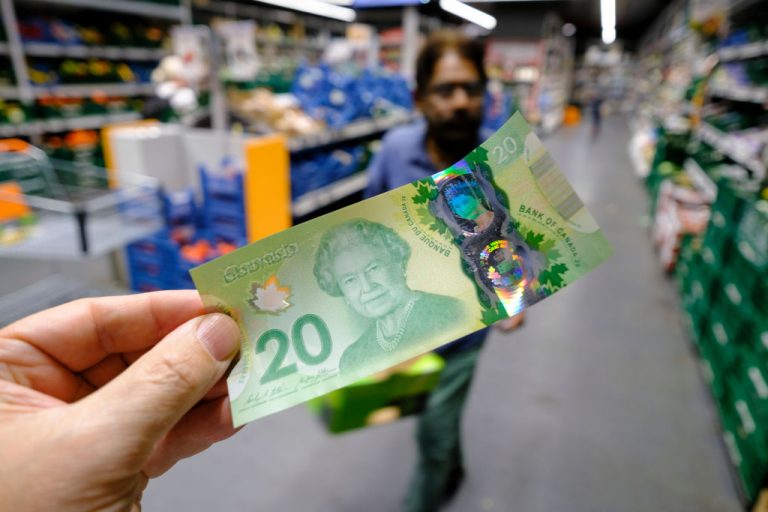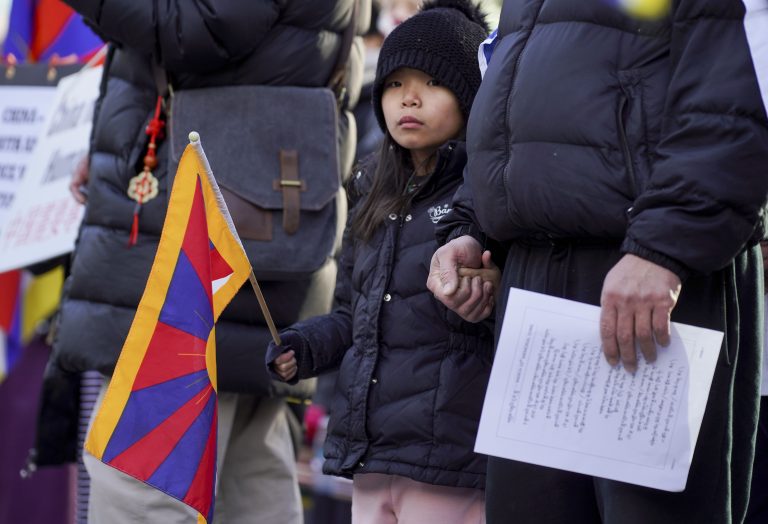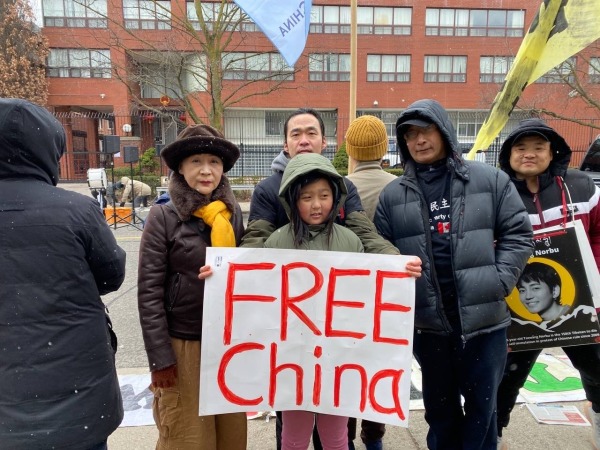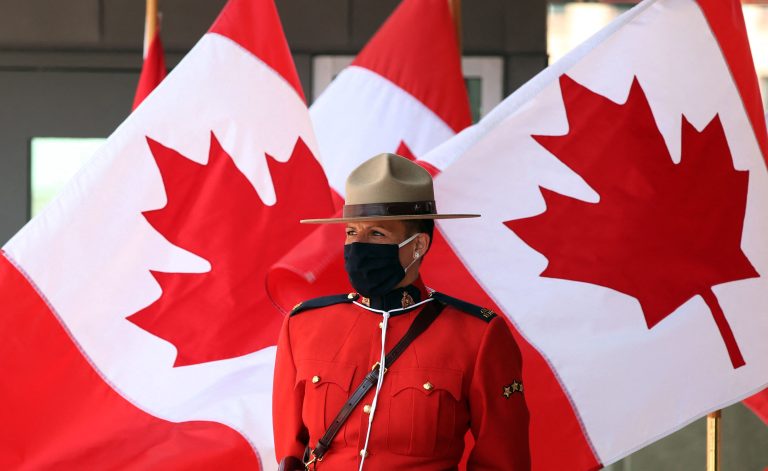Canadians can expect to pay more — a lot more — at the grocery store in the coming days after a holiday price freeze, implemented by some of Canada’s largest grocery stores late last year, expires.
Loblaws, Canada’s largest grocer, that saw its share price surge over the course of the pandemic and is feilding accusations of price gouging and unfair profiteering amidst record high inflation announced last fall that it would freeze prices on hundreds of its No Name brand items in an effort to help Canadians grappling with the surge in food prices.
However, it was quickly pointed out that it is industry standard to freeze prices over the holiday season as suppliers refuse to accept price hikes during the critical shopping season.
This week, Loblaws told the Canadian Broadcasting Corporation (CBC), Canada’s state-funded media outlet, that with the expiration of the price freeze they will be keeping prices stable “wherever possible” but warned that prices are likely to rise in the coming weeks.
“Once the price freeze ends, customers can expect some prices may increase, but as mentioned originally, we will continue to hold most of our No Name prices flat,” spokesperson Catherine Thomas said, according to the CBC. “The cost to stock our shelves has gone up, month after month.”
Success
You are now signed up for our newsletter
Success
Check your email to complete sign up
In November last year, the company reported that its third-quarter profits rose by 30 percent compared to the year prior, and explained away the record profits saying the increase was primarily due to sales of beauty products and flu and cold medicines.
READ MORE:
- Canada’s CBC in Decline as New Allegations of Fake News Emerge
- Canada Aspires to Be Global Critical Mineral Supplier Alternative to China
- Foreign Homebuyer Ban to Draw Investors to Recreational Properties in Canada: Experts
Twitter erupts
Loblaws, and its CEO, Galen Weston, have come under fire for alleged price gouging, with Twitter users taking to the platform to air their grievances.
On Jan. 29, one user posted to Twitter, “In a futile search for @tylenol Sinus yesterday, I hit 3 stores. #loblaws owned Superstore $7.49. Loblaws owned @ShoppersDrugMart $8.77. @WalmartCanada $4.77,” before ending the tweet with a series of expletives.
Another user, Nina Parr, uploaded pictures to Twitter comparing prices at Loblaws and another independent grocery store.
“All of these photos were taken today. The top image of each pair is from Loblaws the bottom one from an indépendant grocer down the street. Tell me again how big grocery chains aren’t driving inflation???”
The company defended itself in a series of tweets saying, “We may be the face of food inflation but we are not the cause. The staggering increase of costs throughout the food supply chain end up on our shelves, leading to higher food prices,” and claimed in a subsequent tweet that, “It’s easy to blame grocers for higher grocery prices. But on a $100 grocery bill, we make less than $4 profit.”
The Beaverton, a popular Canadian satire site, also chimed in joking, “Loblaws show they care about high food prices with mild-mannered billionaire mascot who inflates the cost of bread.”
History of price-fixing
Canadians have good reason to doubt Loblaw’s claims as the company has a history of defrauding its customers.
In Dec. 2017, the grocer was embroiled in controversy after its CEO, Galen Weston, exploited whistleblower laws in Canada to avoid prosecution for participating in a 14-year-long bread price-fixing scheme involving multiple Canadian grocers.
Whistleblowers are immune from prosecution in Canada, so Weston whistle blew on himself to avoid prosecution and said on Dec. 19, 2017, shortly after the scheme was revealed, “This conduct should never have happened.”
The grocer, in an attempt to appease Canadians and avoid more damages offered $25 gift cards to anyone who felt impacted by the 14-year-long fraud.
Years later, in January 2022, an Ontario Superior Court judge green lit a class-action lawsuit against Loblaws, and several other Canadian grocers, for manipulating prices and overcharging Canadians an estimated $5-billion over 16 years, the Globe and Mail reported. Another lawsuit was authorized over the alleged behavior by the Quebec Superior Court in 2019.
The scandal first came to light in 2017, after Loblaw’s parent company, George Weston, said they had reached a deal with the federal Competition Bureau to avoid criminal charges in the conspiracy that fixed bread prices between 2001 and 2015.
The company admitted that it was involved in a scheme to artificially raise the prices of bread products, affecting packaged breads, buns, bagels, rolls, naan, English muffins, wraps, pitas and tortillas.
By some estimates the fraud impacted tens of millions of consumers as well as wholesalers and others who purchased bread from the manufacturers.













